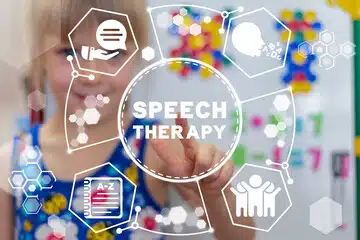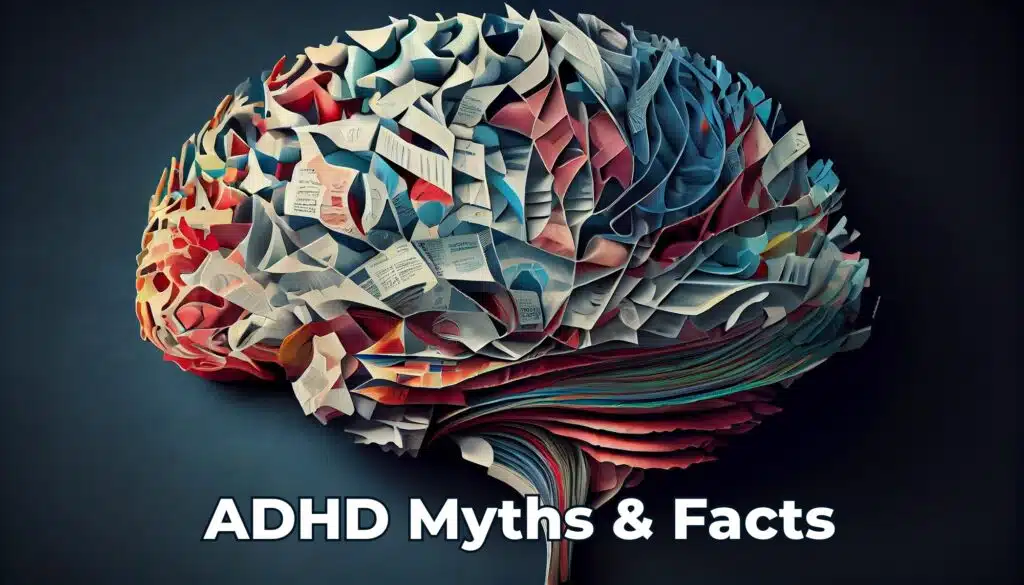Commonly Used Vocabulary in Speech Pathology
Speech therapy is the assessment and treatment of speech disorders, and language and communication problems by speech therapists, qualified professionals who assess and treat clients of all ages, or may specialise in speech therapy for adults, kids or toddlers.
The diverse range of speech therapy techniques they employ improve the communication abilities of clients and include, depending on the disorder, articulation therapy, decoding therapy, toddler speech delay exercises and language intervention, among many others.
Both children and parents may find themselves struggling to make sense of all the terms used by their child speech pathologist, which means gaining an understanding of these terms is both important and beneficial to treatment outcomes. Here are some of the most commonly used terms your speech pathologist may use in their assessment and treatment:
- Articulation
Articulation refers to the speech sounds made by the movement of the tongue and lips (the articulators) and the jaw. While articulation is one of many parts of the speech process, it’s one of the most important. Articulation therapy works to improve the placement of the articulators inside of the mouth to achieve the correct production of sounds.
- Cognition Therapy
Cognition can be described as mental processes like awareness, attention, judgement, memory and perception as they relate to knowledge. Cognitive-communication disorders are most common in people with brain injuries or strokes, but may also affect children with abnormal brain development, neurological conditions and other biological problems.
- Confrontation Naming
Confrontation naming refers to tasks used in assessment when testing for problems such as anomia (an expressive language impairment) and aphasia (a word-finding and retrieval impairment). Confrontation naming involves the patient saying the name of a real or pictured action or object and is usually restricted to known and identified target words.
- Evidence-Based Practice (EBP)
An approach to clinical speech and language therapy practice that places greater emphasis and value on research and evidence when making treatment decisions over traditional understanding. In evidence-based practice, examples of evidence include clinical expertise, trials and case studies.
- Intensive Therapy
Whether for aphasia, speech, stuttering or cognitive therapy, intensive therapy involves focused therapy for many hours delivered over a short period and involves both in-clinic and at-home treatments. Intensive speech therapy aims to deliver faster and better results.
- Jargon
Jargon is a term for the ‘non-words’ that people with aphasia (generally those with ‘fluent aphasia’) produce. These words sound and are produced with the appropriate intonation just like real words but aren’t decipherable or recognisable to others.
- Motor Speech Disorder
Motor speech disorder is the term used for musculoskeletal, neurological or neuromuscular problems producing speech that relate to articulation, phonation, prosody, respiration and resonance. This disorder is usually associated with apraxia (relatively rare) and dysarthria.
- Phonation
Phonation is the sound made in the production of speech when the larynx’s vocal folds vibrate. Phonation is often impaired, mistimed or missing altogether in the production of speech in children with certain motor speech disorders.
Contact Educare on (02) 4067 3753 to book an appointment for your child or learn more about the speech pathology, autism and NDIS services we offer in Newcastle. You can find answers to our most Frequently Asked Questions here.



